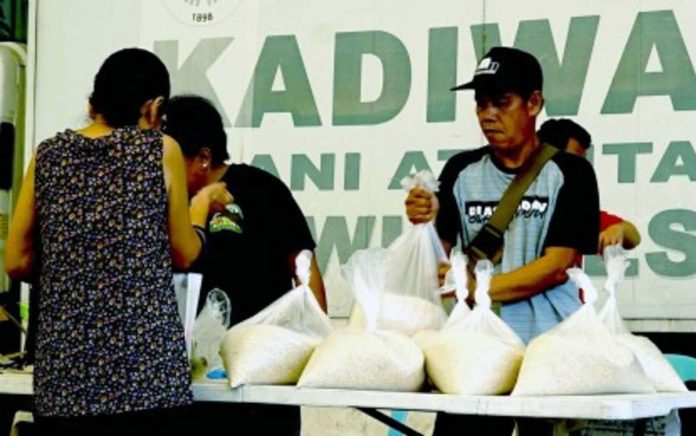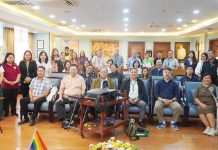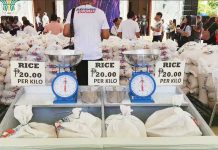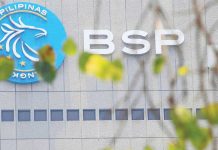
THE National Economic and Development Authority (NEDA) yesterday assured that the government is implementing crucial interventions to support the most vulnerable sectors and ensure food security amid La Niña and the higher inflation recorded in July.
“The government is relentlessly working to address our nation’s most pressing concern of ensuring food security for every Filipino amid the faster rise in prices in July and the expected typhoons and rains due to the onset of La Niña this August,” NEDA Secretary Arsenio Balisacan said.
The Philippine Statistics Authority (PSA) reported that headline inflation settled at 4.4 percent in July, higher than the 3.7 percent in June this year.
The increase was primarily driven by higher inflation in food and non-food items, with notable upticks in housing prices, utilities, fuel, meat, corn, and fruits.
In a briefing, National Statistician Dennis Mapa said that food inflation went up to 6.7 percent from 6.5 percent in June.
According to Mapa, the recent weather disasters affected agricultural commodities and contributed to the higher prices of vegetables.
Rice inflation, however, went down to 20.9 percent from 22.5 percent.
NEDA said that while rice prices already started to ease, the Department of Agriculture (DA) launched the Rice-for-All Program to ease the burden of elevated rice prices.
Under the program, rice will be sold at P45 per kilo at selected KADIWA centers, with prices adjusted according to the fluctuations in rice prices.
In preparation for La Niña, DA also assured the availability of the quick response fund, assistance, credit, and seed buffer stock. The agency has also expedited the declogging of farm drainage systems and the construction of water-impounding projects and post-harvest facilities.
To assist farmers in dealing with higher fuel prices, DA will provide around P510 million in fuel subsidies to crop, livestock, and poultry farmers. It is anticipated that around 160,000 farmers will benefit from over P3,000 in fuel assistance between August and September this year.
“Between 2023 and 2021, about 2.5 million Filipinos were lifted out of poverty, bringing our country’s poverty incidence down to 15.5 percent from 18.1 percent. Our goal now is to sustain this momentum by addressing the constraints to food security and economic development more broadly,” Balisacan said.
He added: “We emphasize that the country’s economic gains are intended to benefit all Filipinos. The government’s economic policies aim to alleviate poverty by ensuring that all Filipinos can afford their basic needs and achieve a decent standard of living toward a matatag, maginhawa, at panatag na buhay para sa lahat.” (Philippine News Agency)







